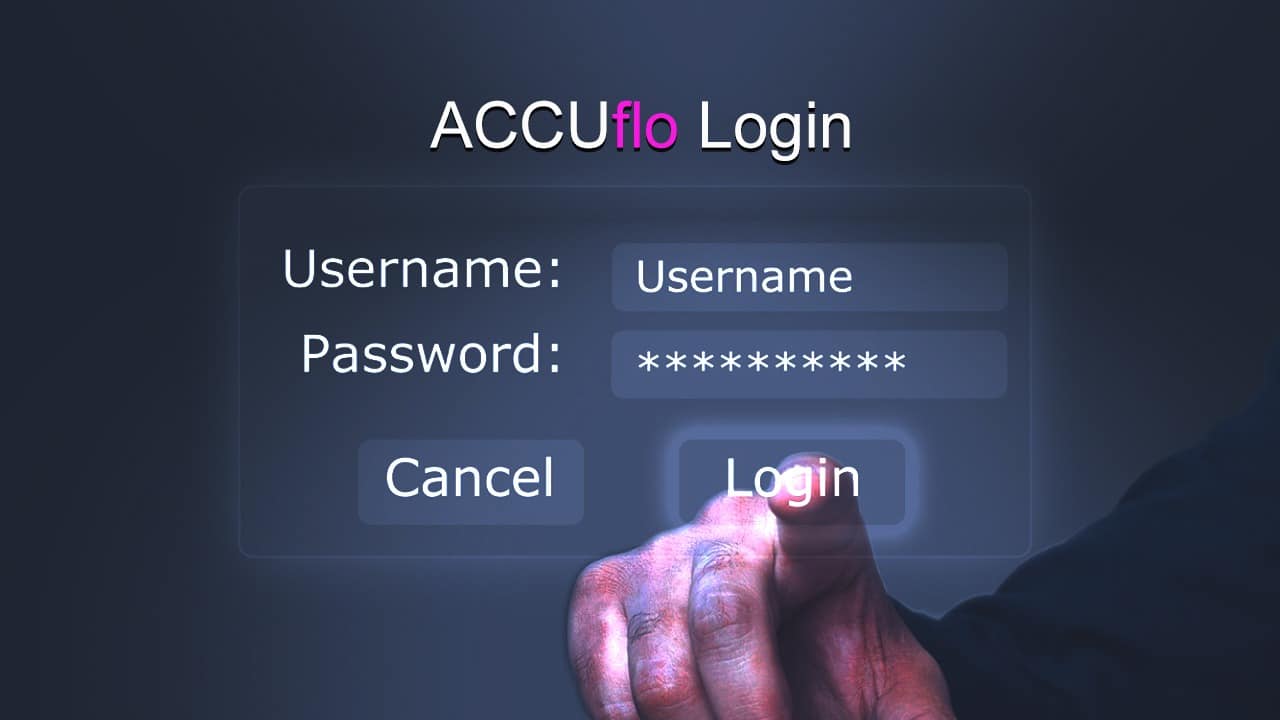Digital security, commonly referred to as cybersecurity, is a fast-paced industry with no holds barred. It is a lucrative industry where white-collar and black-collar individuals coexist to make a living.
In recent years, it has been witnessed that cybercriminals have outsmarted security providers who are constantly working around the clock fixing vulnerabilities. Cybercriminals are increasingly coming up with new threats and innovative ways to cause harm, and security providers are running against time to combat the emerging online threats.
Let’s dive into the latest digital security trends for businesses in 2021.
Remote Working
COVID-19 has given nearly everyone the taste of work from home, and while that might sound convenient, it does come packed with increasing cybersecurity risks.
Internet networks at home are often less protected than centralized networks set up by IT professionals in offices. Typically, an office network has a more secure digital front equipped with firewalls, security protocols, encrypted routers, and access keys.
With no time to waste and the need for keeping things operational, several security lapses have been overlooked by security professionals. The setback is a good gateway for cybercriminals who can take advantage.
Ransomware Attacks
Although ransomware isn’t new to the digital world, it has significantly surged with the pandemic and lockdown orders put in place by governments across the globe.
Social engineering attacks such as ransomware have infected millions of devices worldwide, intending to steal a company’s data and then encrypt the folders on the devices so no one can access them anymore.
Cybercriminals then blackmail the organization to make the ransom payment; otherwise, they would release its private data. While not all organizations can afford the ransom amount, some can and end up making the payment. This makes the industry thrive without getting caught.
Cloud Security
The conventional ways of backing up data, typically via a USB flash drive, have now been replaced by the cloud. Millions of internet users backup data every second to the cloud without considering the security risks or the integrity of the cloud service.
Cloud vulnerability is one of the most prominent digital security trends for this year. With the pandemic in full swing, there’s a rapid surge in cloud services. As more and more people get accustomed to the widespread adoption of remote working, the need for cloud-based services and infrastructure have increased drastically.
At the same time, the security implications for organizations have also increased, with many businesses unable to adopt adequate security measures and practices to secure their data. Many companies increasingly face unauthorized remote access to their confidential files, weak passwords, misuse of personal devices, and their employees connecting via unsecured WiFi networks.
When backing up data to the cloud, ensure you’re connected to the internet via a secure IP address that safeguards your data against unauthorized access.
IoT Vulnerability
The growing adaptability of Internet of Things (IoT) devices has created more opportunities for cybercrime. A recent study estimates that by 2025, there will be over 50 billion IoT devices actively running across the globe, and the pandemic is only aiding towards this significant increase.
A single vulnerability in a device could expose dozens of other devices connected to the same network. With IoT devices having fewer processing and storage capabilities, digital infrastructure is the only way to keep IoT devices from getting hacked and misused.
In this digital age of interconnected devices, cybercriminals are actively on the hunt. Hackers are constantly evolving their techniques and cooking new ways to target and cause harm to individuals and organizations.
The fate of digital security truly lies on each internet user who should be careful of what they post online and connect to the internet backed by encryption. As always, it’s good to employ a renowned antivirus, activate firewalls, and use a VPN when heading online.






































